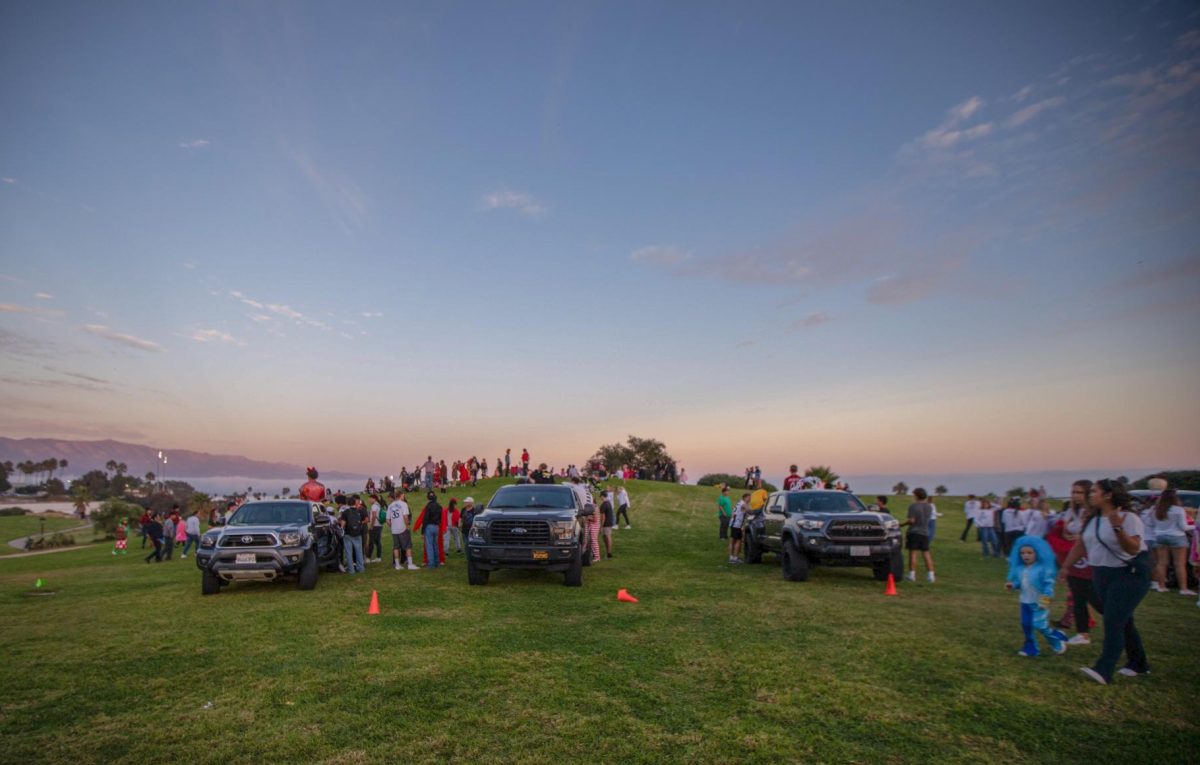Western men riding in the night on scooters with young Thai girls seated behind them. American and European men paying visits to massage parlors with until early hours of the morning.
Girls, some as young as 8 and 9 years old, standing in front of brothels and hotels to be chosen from.
On a recent backpacking trip to Thailand, I anticipated a mindful Buddhist way of life among the temples, Buddha statues, and bustling markets of Bangkok. I expected that I would discover a peaceful haven when I traveled to the lush, pristine islands off the country’s southeastern seaboard.
What I was unprepared for was the flagrant sex industry, rampant throughout Thailand and exploited primarily by Western tourists.
An estimated 2 million children worldwide are victims of the sex trade. In Southeast Asia alone, approximately 300,000 women and children have been kidnapped or sold by their families into a life of exploitation, abuse, and enslavement.
As young as 5 years old, children are taken across international borders, sold by perpetrators, and forced into prostitution, pornography or other sex-related work, with no chance of ever living a life free of abuse and mistreatment.
On April 30, 2003, the United States government passed the Protect Act, which aims to “strengthen U.S. law enforcement’s ability to prevent, investigate, prosecute and punish violent crimes committed against children.” The ruling allows offenders to be punished in the U.S. for any unlawful sexual behavior that takes place abroad, including those involved in “sex tourism.”
Since its enactment, eight Americans have been charged with initiating sex with pre-teen children; however, there is no estimate to how many offenders have gone unpunished.
According to the United Nations Inter-Agency Project on Human Trafficking, twenty local agencies are currently working together in Southeast Asia to “provide a more comprehensive, coordinated response to the problem of trafficking of women and children.” Groups such as End Child Prostitution and Trafficking, located in Bangkok, have asked for a federal plan of action to eliminate child-sex tourism. Others such as World Vision are devising pop-up ads on travel Web sites, posters, pamphlets, and billboards to warn sex offenders. Without greater outside support, however, there is no way for any progress to be made within societies that continue to deny females their fundamental human rights.
The grave misconceptions among Western travelers that women choose this way of life and that taking advantage of them in return for money actually helps women financially, only fuels women’s exploitation and sex tourism. It must be known that trafficking and prostitution are not choices women and children make, but a life they have been forced into.
Having witnessed the shamelessness of this commercialized human slavery and the nonchalance of travelers and locals in the countries where it is most prevalent, it is obvious that must be more nationwide attention to the conditions women face worldwide.
By supporting the enforcement of laws that protect the victims, being accurately informed about the women and children’s circumstances when we do travel, and aiding women in their efforts to gain freedom and equality around the globe, we can each do our part in working to ensure women and children’s safety worldwide.
-Molly Chizzick is a Journalism 103 student.






